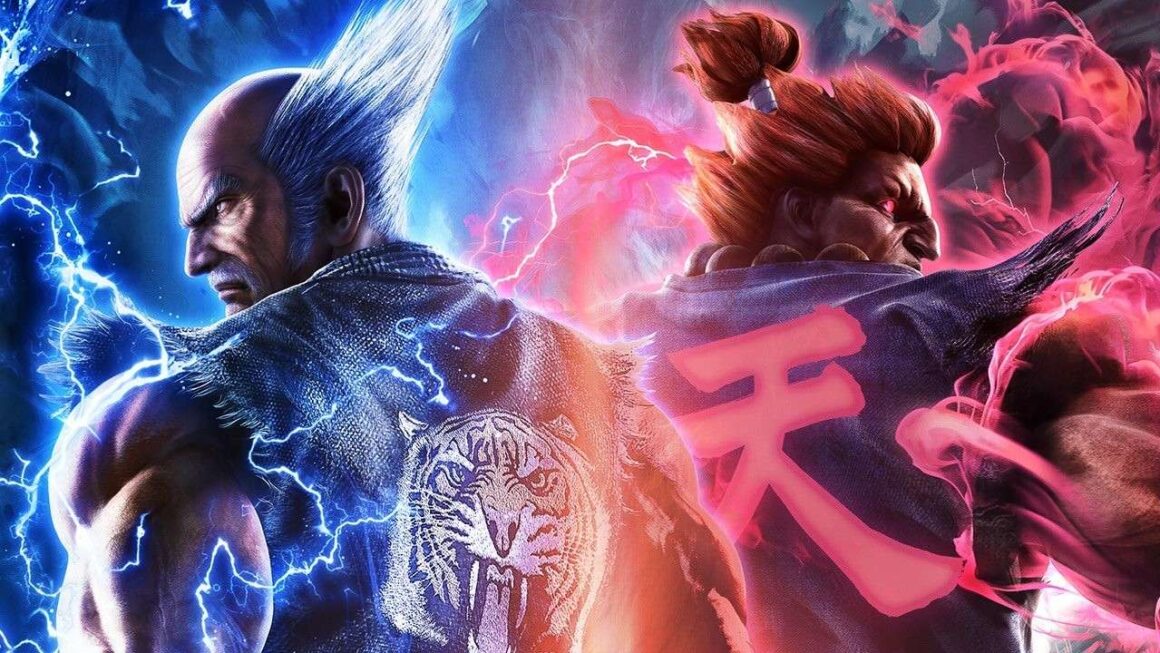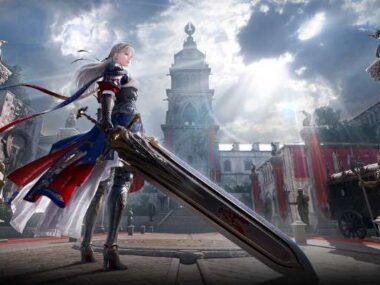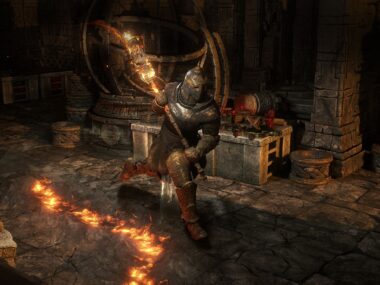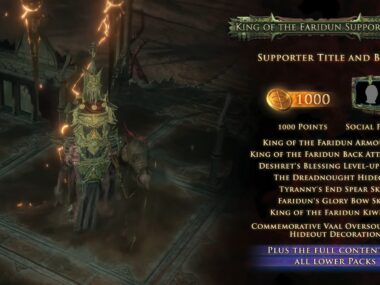The fighting game community (FGC) has always prided itself on being scrappy, inclusive, and player-driven. Now it faces a major test as Saudi Arabia tries to position itself as the center of the global esports community.
The Saudi government has poured billions into esports through its state-owned Savvy Games Group, the Esports World Cup (EWC), and mega-projects like Qiddiya. Fighting games are in their sights. Evo and other tournaments tend to have the same circuit of partnerships, sponsorships, and influence. It’s more than business, it’s sportswashing.
What’s Sportswashing?
Sportswashing is the use of sports or sporting events by governments or corporations to improve their public image. It’s supposed to distract from controversies and behavior that’s considered to be unethical, or illegal. By bankrolling fighting competitions, Saudi Arabia wants gamers to view them as a nation of progress instead of one that’s been accused of various human rights violations.
This push is no accident. It’s part of Vision 2030, the kingdom’s plan to diversify its economy away from oil and build cultural clout through tech and entertainment. Esports are perfect because of their massive global audiences, young demographic, and potential to make lots of money.
Through the Esports World Cup and big-name acquisitions, Saudi Arabia is trying to position itself as the heart of global competitive gaming. Fighting games have long been considered niche compared to shooters or MOBAs. Now they’re a pawn in this strategy.
The Human Rights Shadow
The Saudi Arabian government has been accused of criminalizing LGBTQ+ identity under laws that punish same-sex relationships. They’re known for restricting women’s rights, from guardianship rules to repression of activists. Severe censorship and lack of free expression, has silenced critics with prison or even death, with the murder of Jamal Khashoggi in 2018 being an infamous example.
These accusations cast a long shadow over any attempt to present the country as a modern, welcoming hub for global gaming.
Pushback From the Gaming Community
The good news is that the FGC isn’t rolling over. Players, commentators, and fans have voiced clear opposition.
Boycotts: Some pros and fans refuse to attend Saudi-backed events, citing moral and political concerns.
Grassroots Revival: Community organizers are putting their energy into local tournaments. These events recapture the spirit of what made the FGC thrive in the first place.
Visible Resistance: High-profile players like Dominique “SonicFox” McLean have promised to stay outspoken on LGBTQ+ rights even inside these larger events, using visibility as protest.
Open Debate: Commentators like Stephen “Speedkicks” Stafford warn against government influence in gaming altogether. He argues it’s not just about money but about power and control.
This isn’t an easy fight. For pros, events like Evo or EWC are important lifelines for their careers. Sponsorships, prize money, and visibility all flow from major stages. Walking away can mean losing a livelihood. For many, the moral line is clear.
Where Does the FGC Go From Here?
Grassroots tournaments may not have flashy arenas or million-dollar prize pools, but they’re welcoming, and authentic. It’s where legends were made long before corporate and government interests came knocking. If players and fans “put their money where their mouth is” by backing these local events, the FGC will thrive on its own terms.
Saudi Arabia’s esports strategy is about more than games. It’s about power and rewriting narratives. For the fighting game community, they have a choice to make. They can accept blood money and risk being complicit in sportswashing. Or they can throw their support towards the local, community-driven spirit that built the scene from the ground up.






